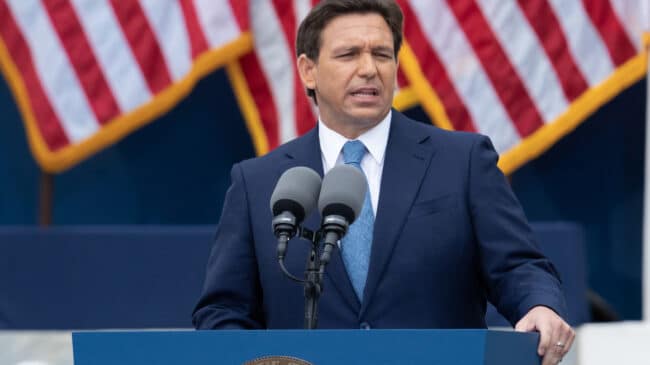Summary
Florida Amendment 6 would repeal the state constitutional amendment providing public financing to candidates for the governorship and cabinet offices.
Fiscal Impact
Since 2010, Florida has collectively spent roughly $33 million on public campaign financing. The legislative analysis of Amendment 6 states:
“The repeal of public campaign financing will eliminate an expenditure that routinely occurs every four years from the General Revenue Fund typically ranging from $4 million to $13 million per election cycle. The first year of the anticipated cost avoidance would occur in the 2028-2029 fiscal year.”
Proponents’ Arguments
Supporters argue these funds should be used to support more critical government programs like education, beach restoration, and other public projects. Offices like the governor and the cabinet should be able to finance their own campaigns through fundraising rather than using taxpayer money.
Opponents’ Arguments
Critics argue that if Florida removes its source of public funding, the wealthy and well-connected will be the only ones able to run for office. They assert that public financing provides a level playing field so that politically popular candidates without their own funds can compete on the same level as better bankrolled opposition.
Discussion
The idea of publicly financed campaigns has existed since the country’s founding for the same well-intentioned reasons it does today. However, even then, there was constitutionally principled opposition to using public money to support candidates because it would use taxpayer money to support political speech that citizens might not support. Especially since Florida is a closed primary state, taxpayers could be forced to support a campaign they disagree with financially, a clear violation of the First Amendment right to free speech and association. Using taxpayer dollars, which citizens must pay, forces them to contribute to political speech. Since Florida’s law is limited to the highest offices, there are fewer instances where this may occur, and the financial impact is not as significant, but the same constitutional risks still exist. It is also true that this money could be used for other potentially more productive purposes like paying down debt or supporting education.
